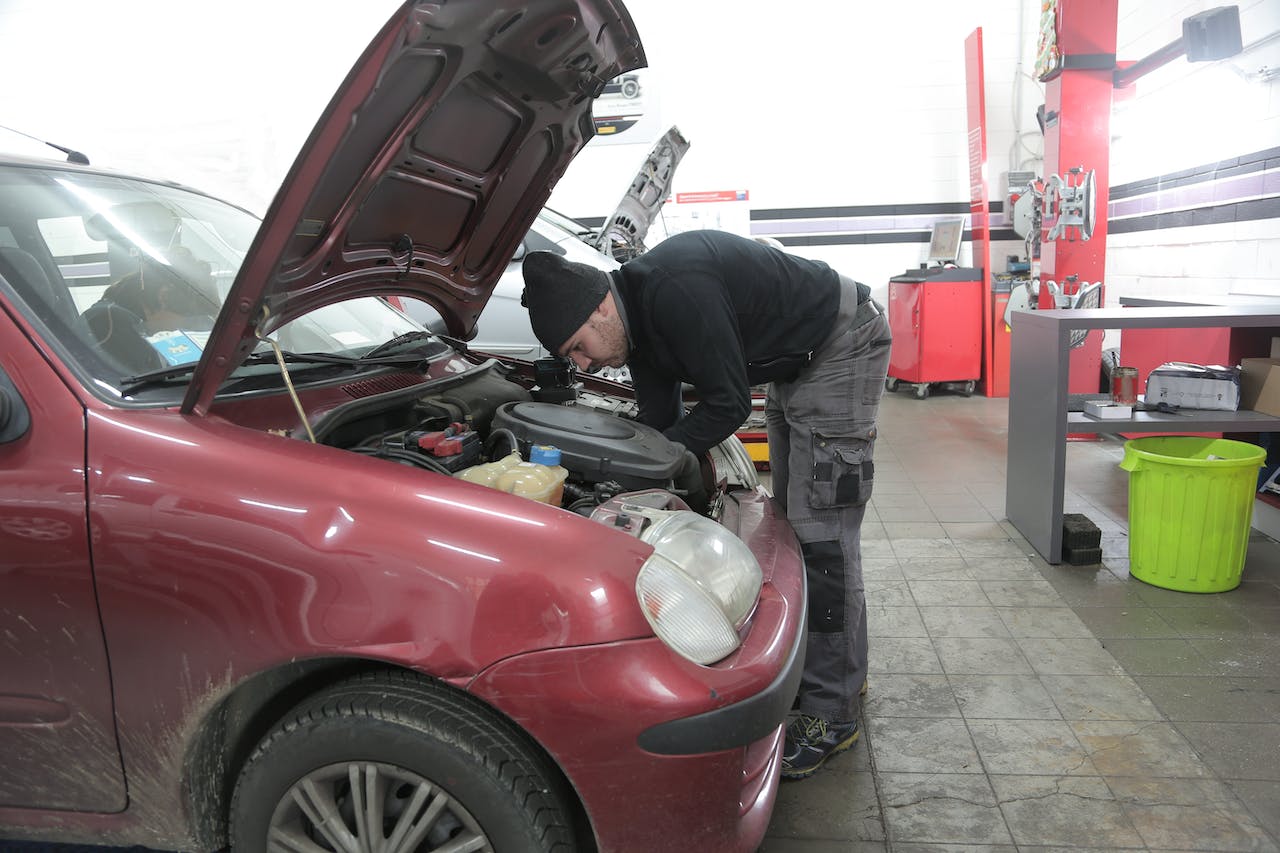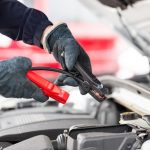As a car owner, you’re undoubtedly aware of the significant investment your vehicle represents. Whether you drive a compact sedan, a robust SUV, or a sleek sports car, maintaining your vehicle is crucial for its long-term performance and your safety on the road. In this article, we will explore the importance of car maintenance schedules and the preventative measures you can take to ensure the longevity of your vehicle.
The Importance of Car Maintenance
Proper car maintenance is not just an option; it’s a responsibility. Regular upkeep is essential for several reasons. It enhances your safety, improves fuel efficiency, and ultimately saves you money by preventing major breakdowns and costly repairs.
Regular Oil Changes
Why They Matter
One of the most critical aspects of car maintenance is regular oil changes. Engine oil lubricates vital components, reducing friction and preventing engine wear. Without proper lubrication, the engine can overheat, leading to severe damage.
Recommended Frequency
Experts recommend changing your engine oil every 3,000 to 5,000 miles but check your car’s manual for manufacturer-specific guidelines.
Tire Maintenance
Tires play a significant role in your vehicle’s safety and fuel efficiency. Regular maintenance includes:
Checking Tire Pressure
Maintaining the correct tire pressure not only ensures a smoother ride but also extends tire life and reduces fuel consumption.
Tire Rotation
Regular tire rotation helps distribute wear evenly, extending the life of your tires and improving traction.
Brake Maintenance
Your brakes are a critical safety feature, and regular maintenance is essential. Look out for signs of brake problems, such as squeaking or grinding noises. Brake pad replacement when worn is crucial.
Fluid Check and Replacement
Regularly check and replace essential fluids, including engine coolant and transmission fluid. Proper fluid levels and quality are vital for the vehicle’s overall performance.
Air Filter Replacement
A clean air filter ensures that your engine gets adequate air, improving fuel efficiency and reducing emissions. Replace your air filter as recommended in your car’s manual.
Battery Care
Regularly check your battery for signs of corrosion and ensure that the connections are tight. A well-maintained battery is less likely to leave you stranded.
Regular Inspections
Routine inspections by a qualified mechanic can catch issues before they become major problems. Addressing minor concerns early can save you from expensive repairs.
Keeping Your Car Clean
Regular washing and waxing not only keep your car looking good but also protect the paint and body from corrosion and rust.
Avoiding Overloading
Overloading your vehicle can strain the engine, transmission, and suspension, leading to premature wear and tear. Follow your car’s weight limits and avoid overloading.
The Role of Professional Mechanics
While some maintenance tasks can be DIY, it’s essential to have a trusted mechanic for more complex repairs and inspections. Professionals can identify issues that might go unnoticed by the average car owner.
Benefits of Following a Maintenance Schedule
By adhering to a car maintenance schedule, you ensure the longevity of your vehicle, maximize fuel efficiency, and reduce the risk of major breakdowns. The benefits are both financial and in terms of your safety on the road.
Conclusion
Car maintenance schedules are not something to be overlooked. By following a regular maintenance routine and taking preventative measures, you can enjoy the full potential of your vehicle, save money, and drive with peace of mind, knowing that your car is in excellent condition.
FAQs
How often should I change my engine oil?
The recommended frequency for oil changes is every 3,000 to 5,000 miles, but it can vary by vehicle and manufacturer.
Why is tire maintenance important?
Tire maintenance ensures your safety, extends tire life, and improves fuel efficiency.
When should I replace my air filter?
Refer to your car’s manual for specific recommendations, but generally, it should be replaced when it’s dirty or clogged.
Why is battery care crucial?
Proper battery care prevents unexpected breakdowns and ensures your vehicle starts reliably.
What are the benefits of professional inspections?
Professional inspections can catch issues early, saving you from costly repairs and ensuring your car’s safety and performance.
Last Updated on November 8, 2023 by admin

Mac is an Automotive enthusiast. He owns up to 15 vehicles. He deals with Auto problems and shows his skill to Car owners who are seeking any type of Car help.





